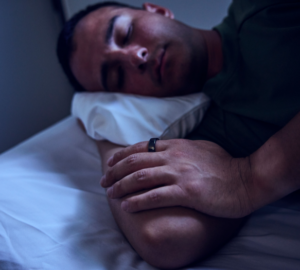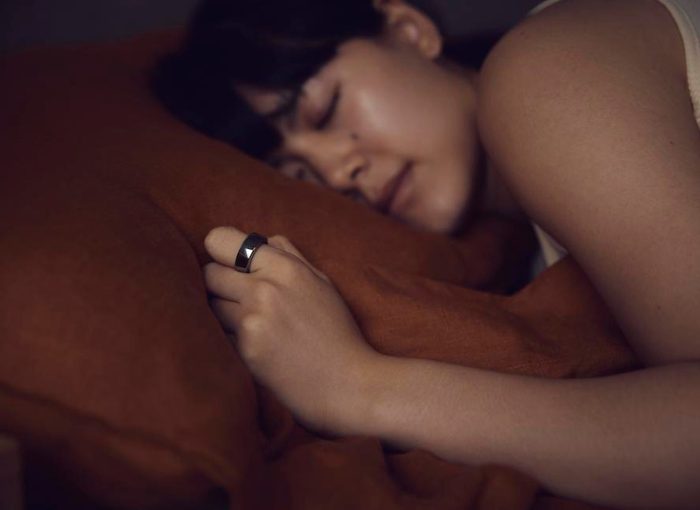Feeling like you can’t “turn off” your mind for sleep? Waking up in the middle of the night with racing thoughts? If so, you’re not alone.
According to surveys, 80% of people feel work-related stress, and 75% of Americans experienced moderate to high-stress levels in the past month. Not only can stress make getting quality sleep more difficult, but when you get less sleep, your stress levels also tend to increase—it’s a vicious cycle.
The good news? Focusing on increasing your REM sleep can be a great place to start on your journey to better mental health.
Although scientists are still trying to tease apart all the mechanisms, they’ve discovered that sleep disruption—which affects levels of neurotransmitters and stress hormones, among other things—wreaks havoc in the brain, impairing thinking and emotional regulation.
Where Do I Start?
If you know that you want to improve your REM sleep but don’t know where to start, here are a few tips from Oura for inspiration.
1. Increase your time in bed.
This one sounds the most obvious, and it may sound like you’ve already tried this, but one way to get more REM sleep is getting more total sleep. The more time you spend asleep, the more REM sleep phases you experience. Don’t go for a 13-hour sleeping marathon each night, but doesn’t 7 hours of shut-eye sound good?
READ MORE: The Role of Sleep in Stress Management
2. Skip a nightcap.
Wine before bed may be good for your taste buds, but not your sleep.
Alcohol before bed not only decreases your total sleep time, it significantly delays your first REM sleep cycle. Because alcohol decreases your total sleep time, and REM is later in your sleep cycles, alcohol leads to fewer total minutes in REM.
RELATED: How Does Alcohol Impact Oura Members?
3. Let your body and mind know it’s time to relax.
It may feel like when your body wants to go to bed your mind is preparing for an unplanned 5k through your thoughts and memories, but what can you do? Like your body, your mind needs some much-needed wind-down time. Try decreasing your pre-bed phone time and increasing restorative time with mindfulness practices like meditation or deep breathing exercises.
LEARN MORE: 14 Science-Backed Ways to Wind Down Before Bed




